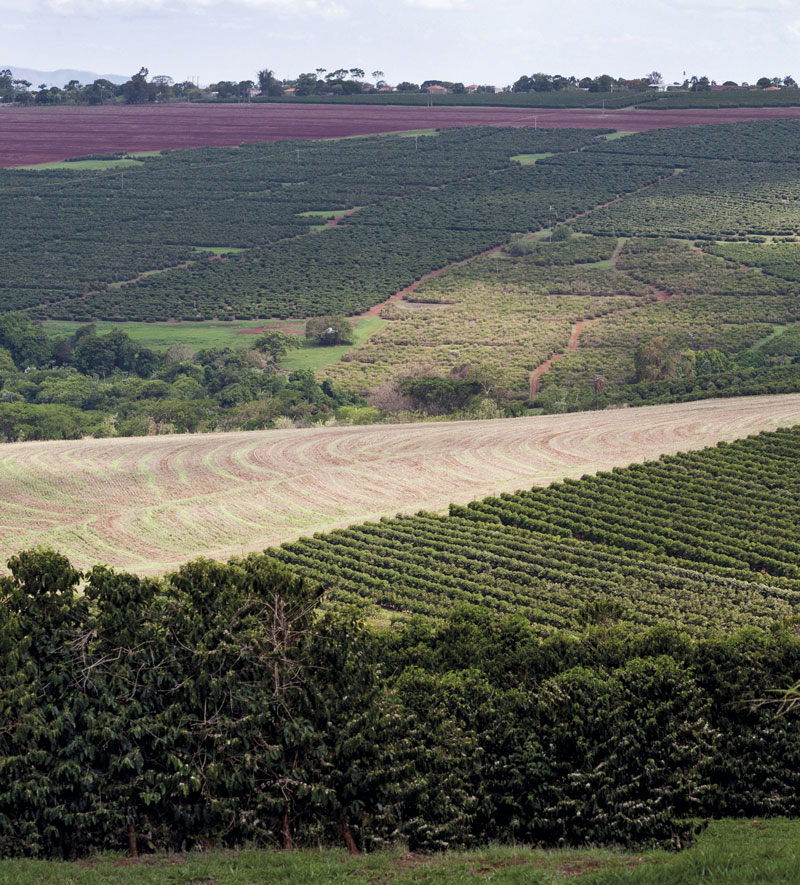
Léo Ramos Chaves / Pesquisa FapespCoffee farm in the interior of São Paulo: more sustainableLéo Ramos Chaves / Pesquisa Fapesp
Some sectors of Brazilian agriculture are already relatively well prepared—and others less so—for the demands of the new EU Deforestation Regulation and legislation recently established by the United Kingdom, which require every company exporting agricultural commodities to prove that the products did not originate from land deforested after 2020. Large exporters have until the end of 2024 to adapt to the new rules, while micro and small businesses have until mid-2025. Researchers from the University of Brasília (UnB), the Federal University of Paraná (UFPR), the International Institute for Sustainability (IIS), and other Brazilian, British and Dutch institutions created a Compliance Likelihood Index and applied it to livestock, cocoa, coffee, palm oil, soybean, and wood production chains in Brazil. Coffee cultivation, one of the earliest adopters of voluntary sustainability standards, emerged as the sector with the fewest obstacles to complying with the new European requirements. Next, in descending order, were soybean, wood, palm oil, cocoa, and lastly, the sector facing the greatest challenge to adjust its production system and prove compliance was livestock farming (Ecological Economics, March).
Republish